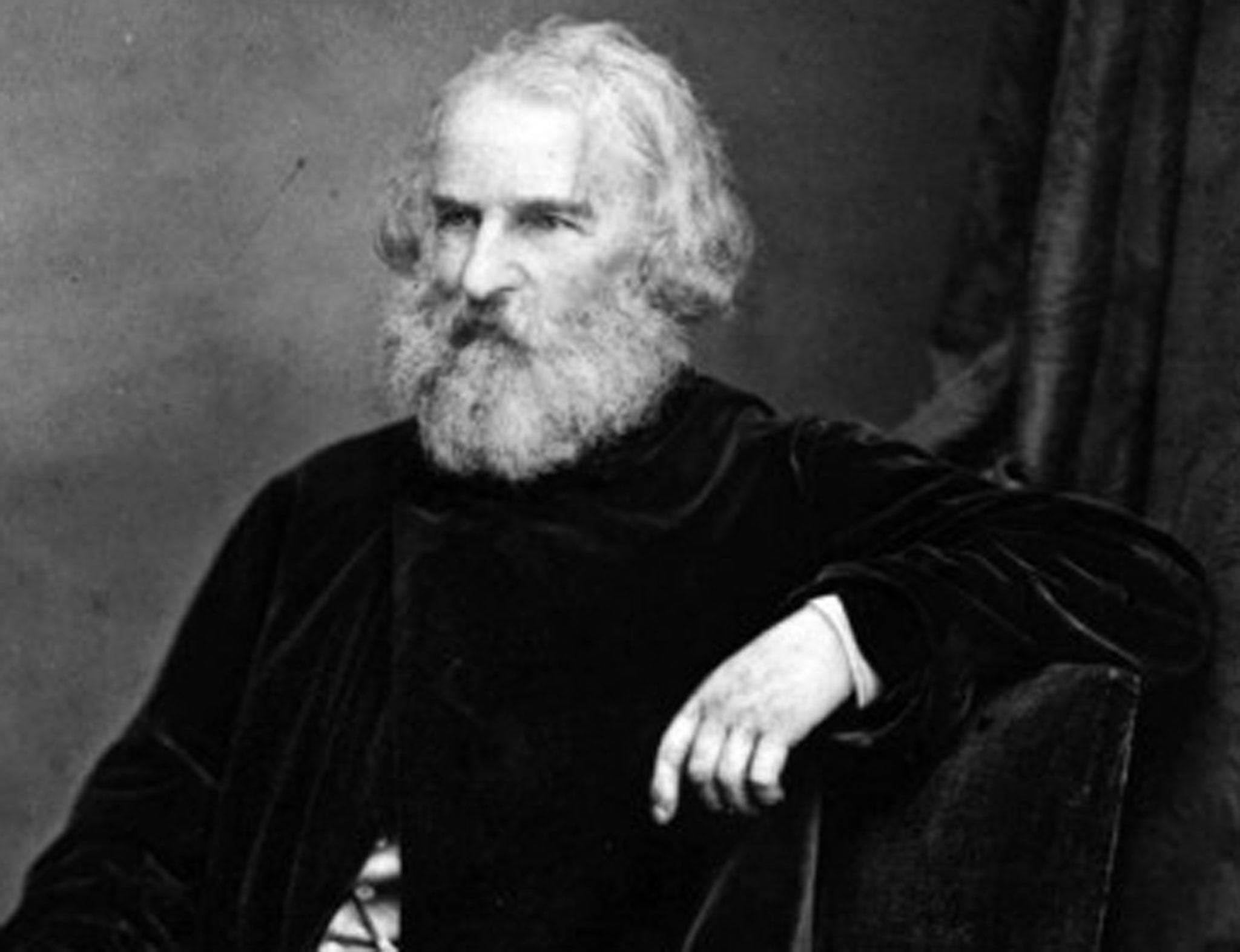Book of a lifetime: The Song of Hiawatha, by Henry Wadsworth Longfellow

Your support helps us to tell the story
From reproductive rights to climate change to Big Tech, The Independent is on the ground when the story is developing. Whether it's investigating the financials of Elon Musk's pro-Trump PAC or producing our latest documentary, 'The A Word', which shines a light on the American women fighting for reproductive rights, we know how important it is to parse out the facts from the messaging.
At such a critical moment in US history, we need reporters on the ground. Your donation allows us to keep sending journalists to speak to both sides of the story.
The Independent is trusted by Americans across the entire political spectrum. And unlike many other quality news outlets, we choose not to lock Americans out of our reporting and analysis with paywalls. We believe quality journalism should be available to everyone, paid for by those who can afford it.
Your support makes all the difference.Hiawatha was read to me before I could read. The eponymous protagonist of the long poem (his name means “He Makes Rivers”) is a Native American leader whose mother is called Wenonah and whose father is the West Wind. Hiawatha is a prophet, warrior, and peacemaker. In his spare time, he – accidentally, but most conveniently – discovers corn. On a different day, he invents the written word. The Song of Hiawatha is the kind of book I would have liked to write when I was a child and would like to be able to write now.
Henry Longfellow's Hiawatha has nothing much to do with the Iroquois leader of the same name. The poem's attempt at approximating Native American mythology is off, perhaps badly wrong-headed, though the author insists it is based on traditional stories. “I repeat them as I heard them,” he says, with partial honesty.
Reading it now, I like how Longfellow makes accurate reference to Hiawatha's plants, animals and landscapes. This America was understandably new to me when I was a small human in a small village in Yorkshire. The moon is some old warrior's gran (he threw her up there in a bad mood). Pine trees say “Mudway-aushka” and water says “Minne-wawa”. Hiawatha's mother tells him that a rainbow is where flowers go when they die.
I can remember my big brother reading the poem aloud, seriously, moving with difficulty along the words he didn't know and the unfamiliar syntax and metre: “By the shores of Gitche Gumee,/ By the shining Big-Sea-Water,/ Stood the wigwam of Nokomis,/ Daughter of the Moon, Nokomis.” The metre made him tread heavily and oddly over the lines. Longfellow apparently took this metre, a trochaic tetrameter, from Finnish, which he knew a little, in which the metre is traditionally used and less uncomfortable. The poem is also awkwardly repetitive. Longfellow fills it with both genuine and invented Iroquois words. It was an altogether alien sound.
On the other hand, most of the words are simple. The poem, extracted but unchanged, is a children's book. It flows, once you get the hang of it. For me this is the reason the poem works. Longfellow made so weird a sound, that it seemed to belong to a new world: I had not heard anyone talk in such a different way, and still understand in some sense what they were saying. The strangeness of the poem suggested to my small mind that there were other ways of speaking and being. It is the first time that I can remember a book doing that.
Daisy Hildyard's novel 'Hunters in the Snow' is published by Jonathan Cape
Join our commenting forum
Join thought-provoking conversations, follow other Independent readers and see their replies
Comments